Drifting or settling? The rise of the new Hong Kongers
New migrants from mainland China to Hong Kong, or xin gang piao, do not have it easy, as they have to adjust to a whole new culture in the workplace and society at large. As part of Lianhe Zaobao’s “Seeing the New Hong Kong” series, marking five years since the enactment of Hong Kong’s national security law, correspondent Lim Zhan Ting interviews new migrants to learn about their experiences.
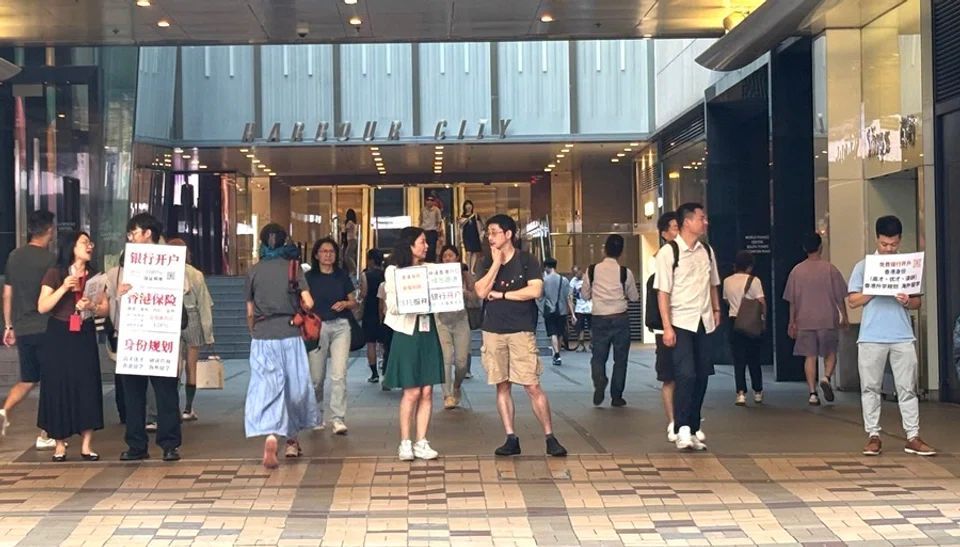
In September 2023, Jennifer Liu, then 34, made a life-altering decision: she left her 11-year career as a journalist at a mainland Chinese media outlet and relocated to Hong Kong alone to make a living. At the time, she was also a mother to two young children.
Liu, who humorously describes herself as a “middle-aged person who resigned without a new job”, traded her fulfilling career for a position at an overseas education and immigration agency in Hong Kong. Her primary motivation was her concern about her children’s education.
From mainland China to Hong Kong
On the day of the interview, Liu was accompanied by her 11-year-old son, who was visiting her in Hong Kong. With her job becoming more stable, she planned to relocate her son soon so he could attend school there. “I’m submitting the paperwork for his school transfer,” she explained.
Liu’s move was facilitated by the Top Talent Pass Scheme (TTPS), introduced by the Hong Kong SAR government at the end of 2022.
For many top talents, relocating there offers an escape from the intense competition in mainland China and allows for a more balanced lifestyle.
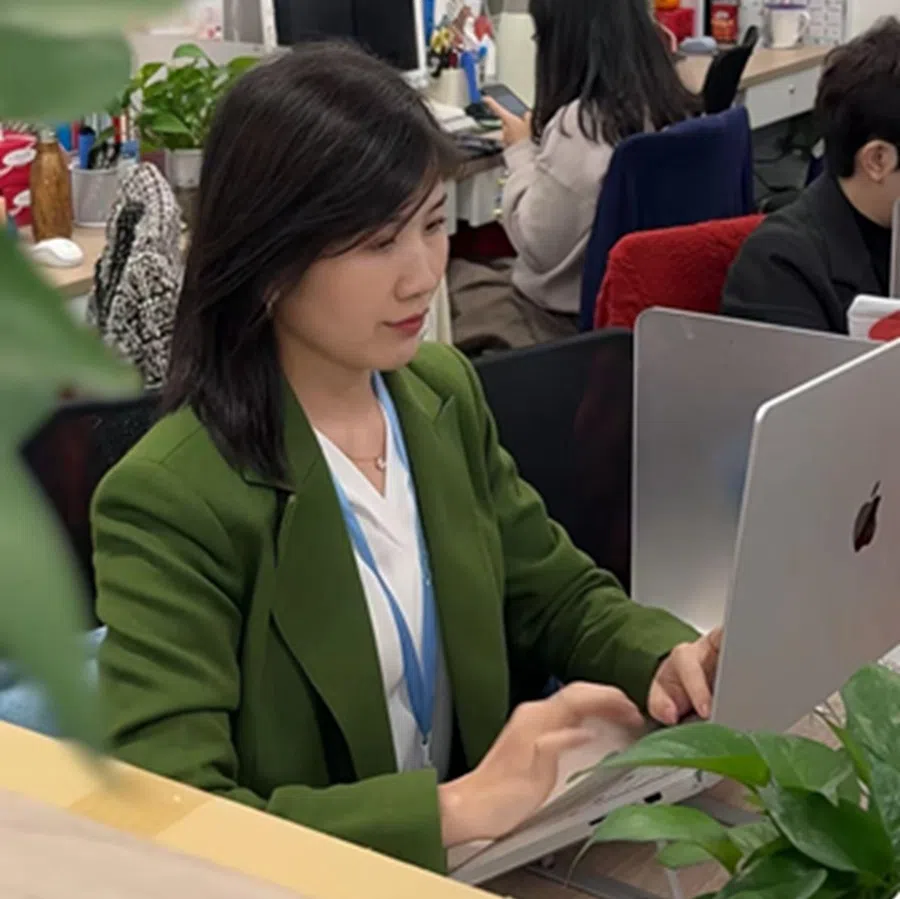
Amid the 2019 anti-extradition bill protests and the subsequent implementation of the Hong Kong National Security Law the following year, many Hong Kong residents chose to emigrate, creating a talent gap. In response, the Hong Kong government launched the TTPS. This initiative requires applicants to have graduated from one of the world’s top 100 universities or to have an annual salary of at least HK$2.5 million (US$318,520). Previously, the government had also introduced the Quality Migrant Admission Scheme and the Admission Scheme for Mainland Talents and Professionals, each targeting different groups.
This wave of “talent acquisition policies” has been unprecedented in intensity, with lower entry thresholds than before. Since the launch of the scheme in late 2022 to March 2025, Hong Kong’s Immigration Department has approved over 300,000 applications, with around 200,000 people having already moved to the city, most of them from mainland China.
A more balanced lifestyle?
Through this scheme, the Hong Kong government aims to attract mid- to high-level talent and stimulate the economy. For many top talents, relocating there offers an escape from the intense competition in mainland China and allows for a more balanced lifestyle.
Liu described the appeal of Hong Kong’s educational system: “People often joke that 98.5% of students cannot get into the Project 985 universities in mainland China. However, the admission rate for Hong Kong’s top eight universities is 38%, so the chances are indeed better.”
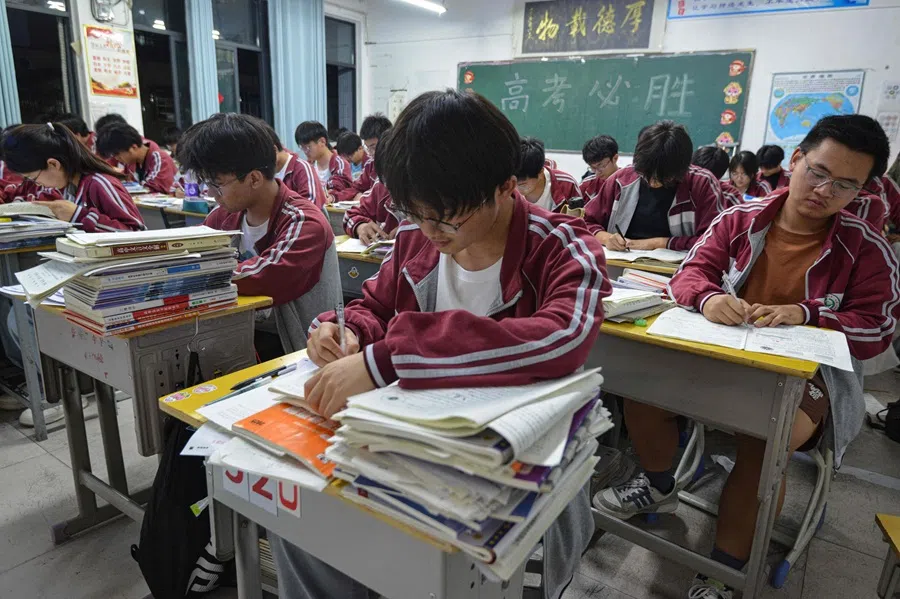
She went on to say that even if a child gets through the gruelling gaokao or university entrance exam — often likened to “a thousand troops crossing a single-log bridge” — there is no guarantee of a smooth path in life. “Coming to Hong Kong is a way to escape the involution.”
Wang Ruixiang, 50, who relocated from Shanghai to Hong Kong over two years ago via the TTPS, had a similar experience. When interviewed, he said emphatically: “Children in mainland China face too much pressure.”
Now working as an insurance agent, Wang explained that his relocation to Hong Kong was motivated in part by a desire to alleviate the pressure on his 15-year-old son and to foster a more global outlook. He also sought a change of pace for himself. “The environment in Hong Kong is relatively simpler and more straightforward,” he said.
Top-tier and high-calibre professionals from mainland China have flocked to Hong Kong’s insurance industry, drawn by the sustained demand for Hong Kong insurance products among mainland consumers.
Xin gang piao flocking to Hong Kong’s insurance industry
Mainland professionals who have recently relocated to Hong Kong are often called xin gang piao (新港漂, lit. new Hong Kong drifters) or xin gang ren (新港人, lit. new Hong Kongers). They are typically middle-class, with many in the financial sector, particularly the insurance industry.
Around Canton Road in Tsim Sha Tsui, where Liu works, every day there is a line of people standing in front of office buildings, holding signs promoting “Hong Kong insurance” and “Hong Kong residency”. They offer insurance products and intermediary services to passersby. Many of them are mainland Chinese professionals who have arrived in Hong Kong through various talent admission schemes.
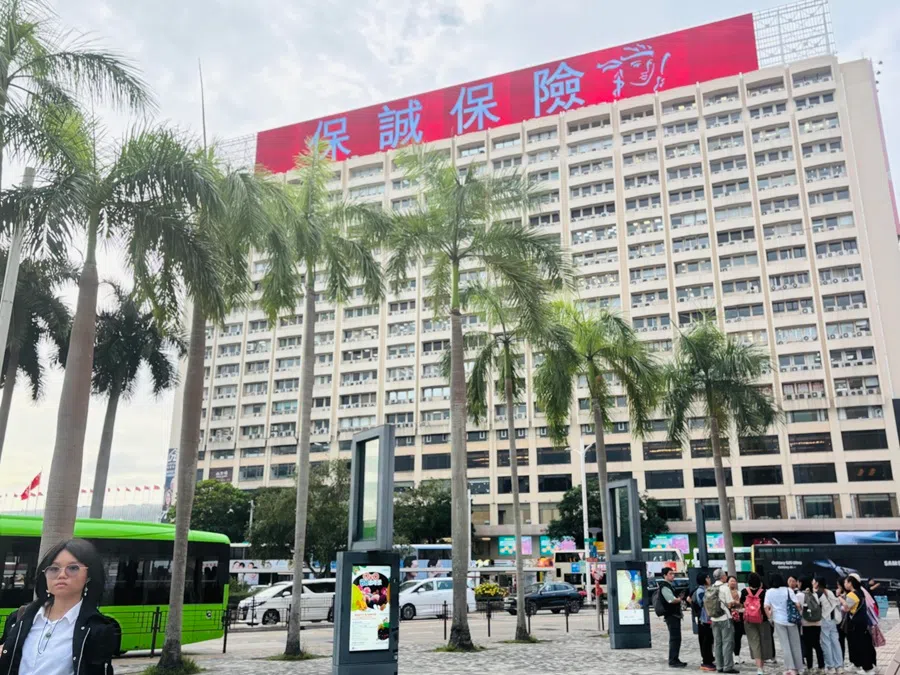
Top-tier and high-calibre professionals from mainland China have flocked to Hong Kong’s insurance industry, drawn by the sustained demand for Hong Kong insurance products among mainland consumers. There is flexibility in terms of working hours and location — they can work remotely, living on the mainland and flying in to Hong Kong to sign papers.
Wang said: “Some people might find selling insurance somewhat embarrassing, but not in Hong Kong. The city is renowned for its financial sector, and for us in the sales industry, it’s about marketing ourselves.”
The influx of xin gang piao has inevitably intensified competition within Hong Kong’s local insurance industry. One young insurance agent in Tsim Sha Tsui, who preferred to remain anonymous, was observed holding a signboard on the street. He remarked, “Those who come through the Top Talent and Quality Migrant schemes often have financial resources or connections, making it easier for them to get a foothold in this industry. I lack those advantages, so I’m out here on the streets, hoping to encounter some affluent clients.”
On Chinese social media platforms like Xiaohongshu, discussions abound among new Hong Kong migrants about voluntarily giving up holidays or adopting the “996” work schedule (9am to 9pm, six days a week)...
Importing ‘involution’ to Hong Kong?
While many xin gang piao arrived hoping for a slower pace of life, differences in workplace culture between mainland China and Hong Kong have led some locals to believe that the mainland’s culture of “involution” is being imported into Hong Kong’s work environment.
Tan Cheng, 32, came to Hong Kong in 2023 through the Talent Admission Scheme and now works as a design officer at an architectural firm. He observed that some of his mainland colleagues had previously experienced economic downturns and job insecurity. As a result, many adopt a pragmatic mindset: “I don’t want to hustle, but I can if I have to.”
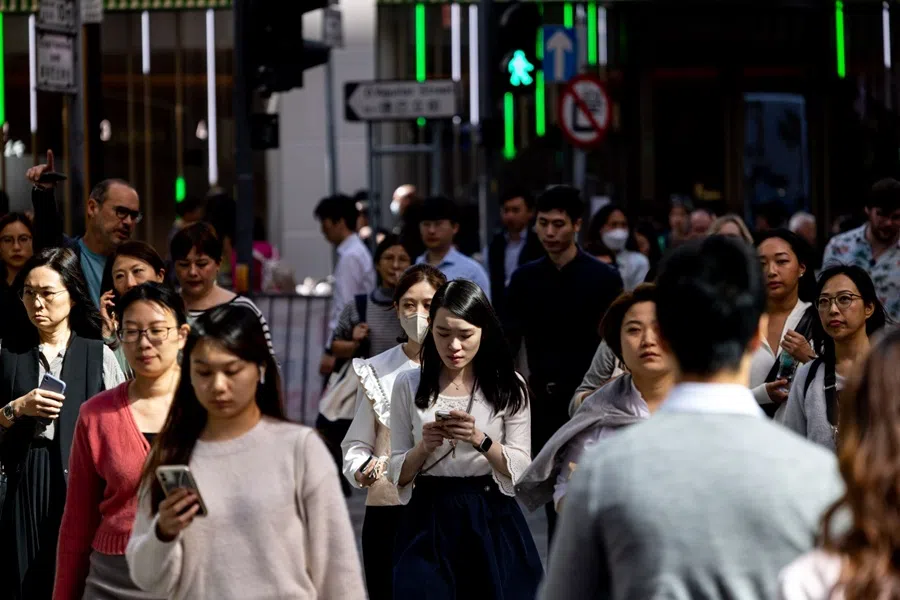
On Chinese social media platforms like Xiaohongshu, discussions abound among new Hong Kong migrants about voluntarily giving up holidays or adopting the “996” work schedule (9am to 9pm, six days a week), sparking concern over whether Hong Kong’s workplace culture is becoming increasingly “mainlandised”.
Tan said he understands that some people carry heavy financial burdens and are especially eager to seize job opportunities after relocating. However, he also said candidly, “Involution damages the market. It may benefit individuals in the short term, but if it undermines the industry as a whole, everyone ends up suffering.”
Hong Kong becoming more inclusive
While complaints occasionally surface in Hong Kong’s workplaces about mainland colleagues intensifying competition, all three interviewees said they have rarely encountered discrimination.
When they first arrived, they were aware of past tensions between Hong Kong and the mainland amongst some of the local population, particularly the surge in anti-mainland sentiment during the 2019 anti-extradition bill protests. But after settling in, they were relieved to find that Hong Kongers were generally welcoming.
“I’ve never met anyone who said anything unpleasant to me. On the contrary, I’ve made quite a few local friends. — Jennifer Liu, a recent migrant from mainland China to Hong Kong
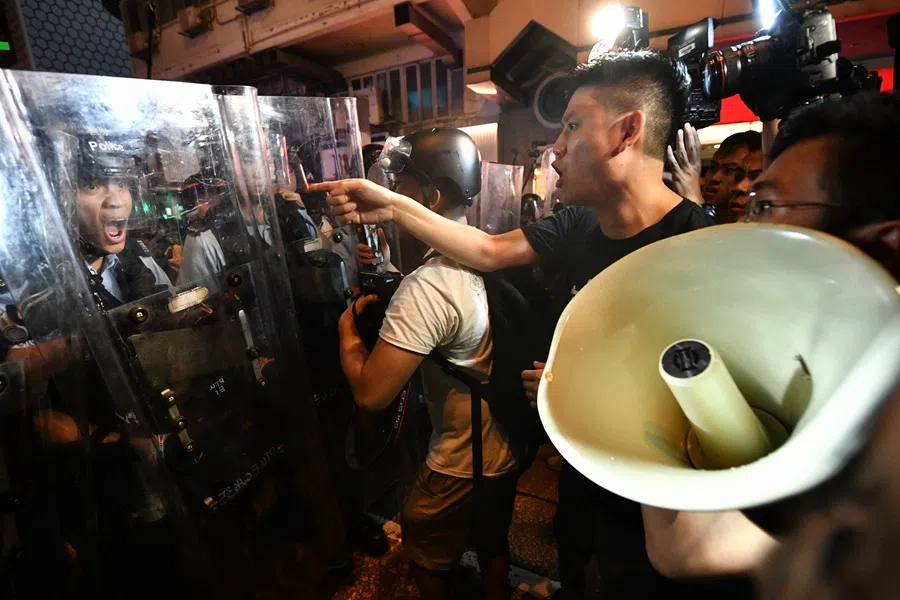
Over time, the social atmosphere in Hong Kong has shifted. Liu remarked, “I’ve never met anyone who said anything unpleasant to me. On the contrary, I’ve made quite a few local friends. When I go grocery shopping, the shop owners always give me something extra and chat with me for a bit.”
They generally do not have to worry about being discriminated against for not speaking Cantonese. In areas with a higher concentration of mainlanders, shop and restaurant staff often take the initiative to speak Mandarin.
In an interview, veteran Hong Kong journalist Chan King-cheung noted that the city has become more inclusive in recent years. One reason, he said, is that after the implementation of the Hong Kong National Security Law, the overall atmosphere has become calmer and people are more moderate in their speech and behaviour. “It’s a collective learning process for Hong Kongers.”
On the other hand, following the pandemic, many Hong Kongers have become accustomed to going north across the border to spend and shop, and have personally experienced the affordability of life on the mainland. “Some people who were previously seen as part of the anti-establishment opposition now frequently go north to shop. Why not enjoy yourself?”
In Chan’s view, once Hong Kong’s political and economic direction is established, people will gradually adapt. “It’s a natural outcome,” he remarked.
Liu believes that creating value for Hong Kong is crucial for xin gang piao to gain acceptance and respect within the city. Otherwise, they risk being perceived as individuals who benefit without contributing.
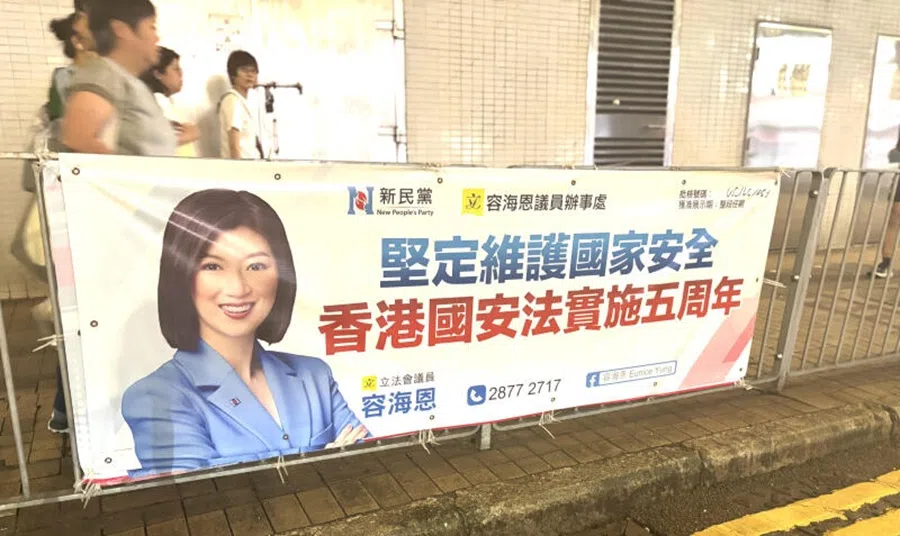
She explained, “For those coming through the Top Talent and Quality Migrant schemes, you either put your advanced qualifications to good use by solving problems others can’t in professional roles, or you start a business and create more job opportunities. That’s value.”
Moving to Hong Kong: sacrifices and freedom
Xin gang piao also face adjustments in their daily lives. Tan Cheng noted that many newcomers initially move into small, high-rent apartments, a challenging adjustment. Furthermore, services like online shopping and food delivery are not as readily available or convenient as they are in mainland cities.
Those who come to Hong Kong under the TTPS or the Quality Migrant Admission Scheme also face the pressure of visa renewal after two years. To remain in the city, they must meet the government’s conditions on employment or entrepreneurship.
“You get to hear all kinds of voices… I enjoy thinking critically and drawing insights from different sources. That’s been a very rewarding part of life here.” — Tan Cheng, a recent migrant from mainland China to Hong Kong
Despite these practical challenges, most xin gang piao deeply value the unique opportunities Hong Kong offers. Tan admitted that at first, he saw Hong Kong simply as a place where one could earn a lot of money, but where life is tough. However, after two years, he has come to appreciate Hong Kong’s stability and freedom more deeply.
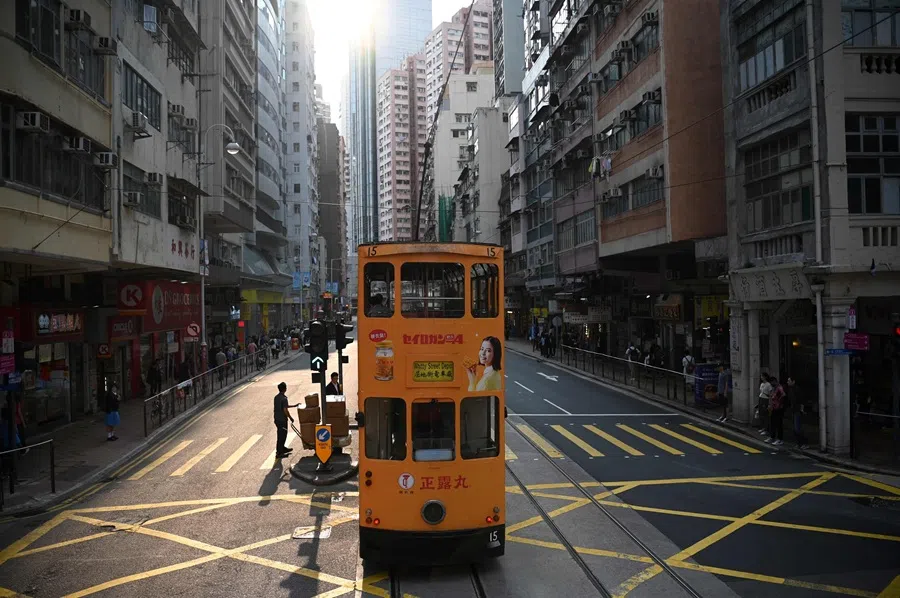
For instance, Hong Kong has no internet firewall, allowing Tan to freely access a wide range of information. “You get to hear all kinds of voices… I enjoy thinking critically and drawing insights from different sources. That’s been a very rewarding part of life here.”
Liu, meanwhile, has always been clear that coming to Hong Kong was about gaining new experiences, not hardship. She said frankly: “Among all the migrant schemes, those of us who came through the TTPS probably had it the easiest — we came here with just a bachelor’s degree, and the income threshold wasn’t that high.”
She said firmly that since they made the move, they must work hard to adapt and survive. Otherwise, “wouldn’t you be wasting all those years of work experience and knowledge? How could you call yourself a ‘top talent’ then?”
This article was first published in Lianhe Zaobao as “逃“卷”逐自由 大陆“新港漂”摸索新归处”.





